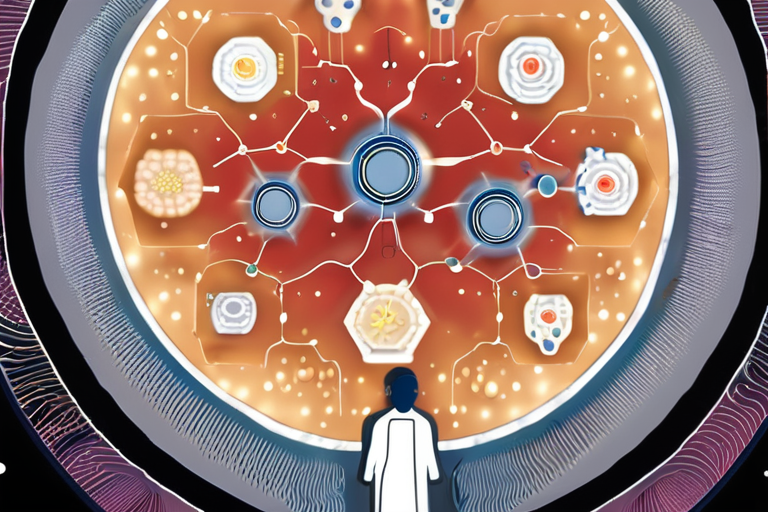Nobel Prize Honors Breakthrough Discovery of Immune Cells That Calm Inflammation


Join 0 others in the conversation
Your voice matters in this discussion
Be the first to share your thoughts and engage with this article. Your perspective matters!
Discover articles from our community

 Hoppi
Hoppi

 Hoppi
Hoppi

 Hoppi
Hoppi

 Hoppi
Hoppi

 Hoppi
Hoppi

 Hoppi
Hoppi

BREAKING NEWS AJ Reporter Breaks News of Israel Killing His Family Members in Gaza Ibrahim al-Khalili, a correspondent for Al …

Hoppi

Cocoa Supplements Show Surprising Anti-Aging Potential In a groundbreaking study released on September 27, 2025, researchers from Mass General Brigham …

Hoppi

Trump Administration's New Rules for Universities: A Shift in Federal Funding The Trump administration has unveiled a new set of …

Hoppi

California's SB 53: A Potential Check on Big AI Companies A new bill aimed at regulating the development of artificial …

Hoppi

By Tomás Mier Tomás Mier Contact Tomás Mier on X View all posts by Tomás Mier September 1, 2025 Ross …

Hoppi

Over 36 Billion Pounds of Good Produce Wasted Annually: A "Whole Harvest" Solution Can Help The United States food industry …

Hoppi